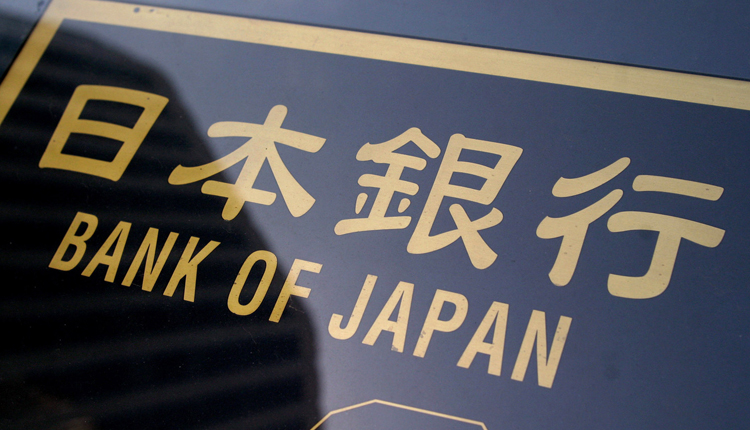Bank of Japan Governor Haruhiko Kuroda voiced confidence on Monday that the central bank can shrink its balance sheet at an appropriate pace without disrupting markets, when it exits ultra-loose monetary policy.
He also said the BOJ’s huge bond buying was aimed at achieving its 2 percent inflation target, not at bank-rolling the government’s huge public debt.
“How to deal with the BOJ’s expanded balance sheet would be among key challenges for us when we were to exit from quantitative easing,” Kuroda told parliament.
“But past experience of other central banks indicate that with a good mix (of redemption and re-investment of bonds), it’s possible to shrink our balance sheet at an appropriate pace, while keeping markets stable,” he said.
The BOJ has become the first among G7 nations to own assets collectively worth more than the country’s entire economy, following a half-decade spending spree designed to accelerate weak price growth.
Critics of the BOJ’s radical stimulus program warn that the central bank could struggle to shrink its huge balance sheet when the time to exit ultra-loose policy comes.
Kuroda rebuffed such concerns, saying that the BOJ can engineer a smooth exit by holding off on reinvesting some of the funds it redeems from bonds that reach maturity.
source: Reuters


